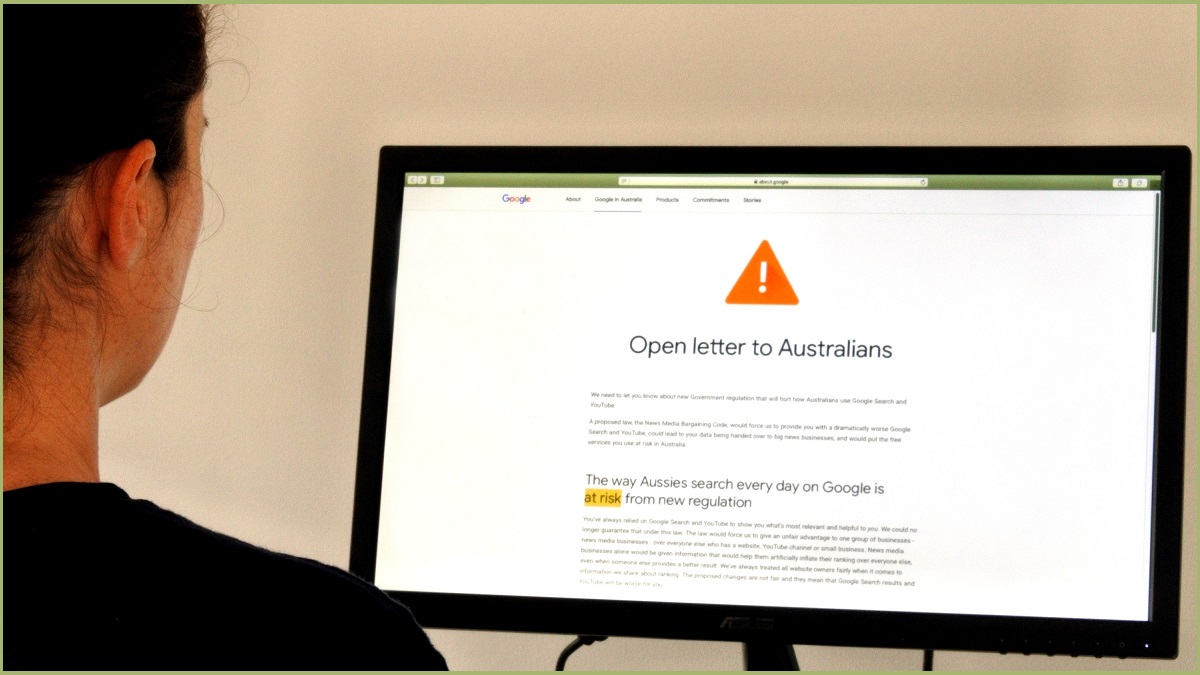Major Australian publishers have joined with television and radio networks to issue a statement calling on Scott Morrison’s government to legislate a media bargaining code before the end of the year.
The statement, headlined ‘An Opportunity Too Important to Miss’, supports the findings of the ACCC’s digital platforms inquiry and the provisions of the watchdog’s draft media bargaining code, and says that action must be taken to compel Facebook and Google to pay for displaying content from local publishers.
“The global digital platforms should care about the local media landscape,” the statement reads. “They should care about ensuring the sustainability of the local news media sector.”
The statement is signed by executives from representative bodies Free TV and Commercial Radio Australia, as well as from Nine, Seven West Media, Ten, News Corp Australia, The Guardian, Win, Prime Group, and SCA.
“Australian media companies can’t avoid using the digital platforms to reach news consumers,” the statement reads.
“Conversely, no single individual media business is critical to the platforms. The result is a significant imbalance in bargaining power.
“That’s why we need a News Media Bargaining Code. To survive, local news media businesses must be able to negotiate a fair contribution to the cost of creating content that directly contributes to significant local profits made by Google and Facebook.”
The statement indicates four elements the participating organisations deem essential for the final code.
Firstly, they say it must rely on a final offer model of arbitration, to “limit incentives on each party to make ambit claims”. The publishers and broadcasters say it must contain strong protections to prevent Facebook and Google discriminating against them.
Additionally, the statement argues any code must apply to all products and services offered by Facebook and Google, and must require digital platforms to exchange all relevant information for the negotiating process.
Last week, Google Australia managing director Mel Silva penned a blog post criticising a number of current provisions in the draft code, calling it one-sided, opposed to free internet principles, and “technically impossible”.
The joint statement makes some effort to rebut those claims, which have been echoed to some degree by Facebook.
“It is a fact that the Code will not require the platforms to provide any additional user data to news media companies,” it reads. “The Code will not stop them from making changes to their algorithms, or require special treatment for news media businesses.”
This article originally appeared on Business Insider Australia.









